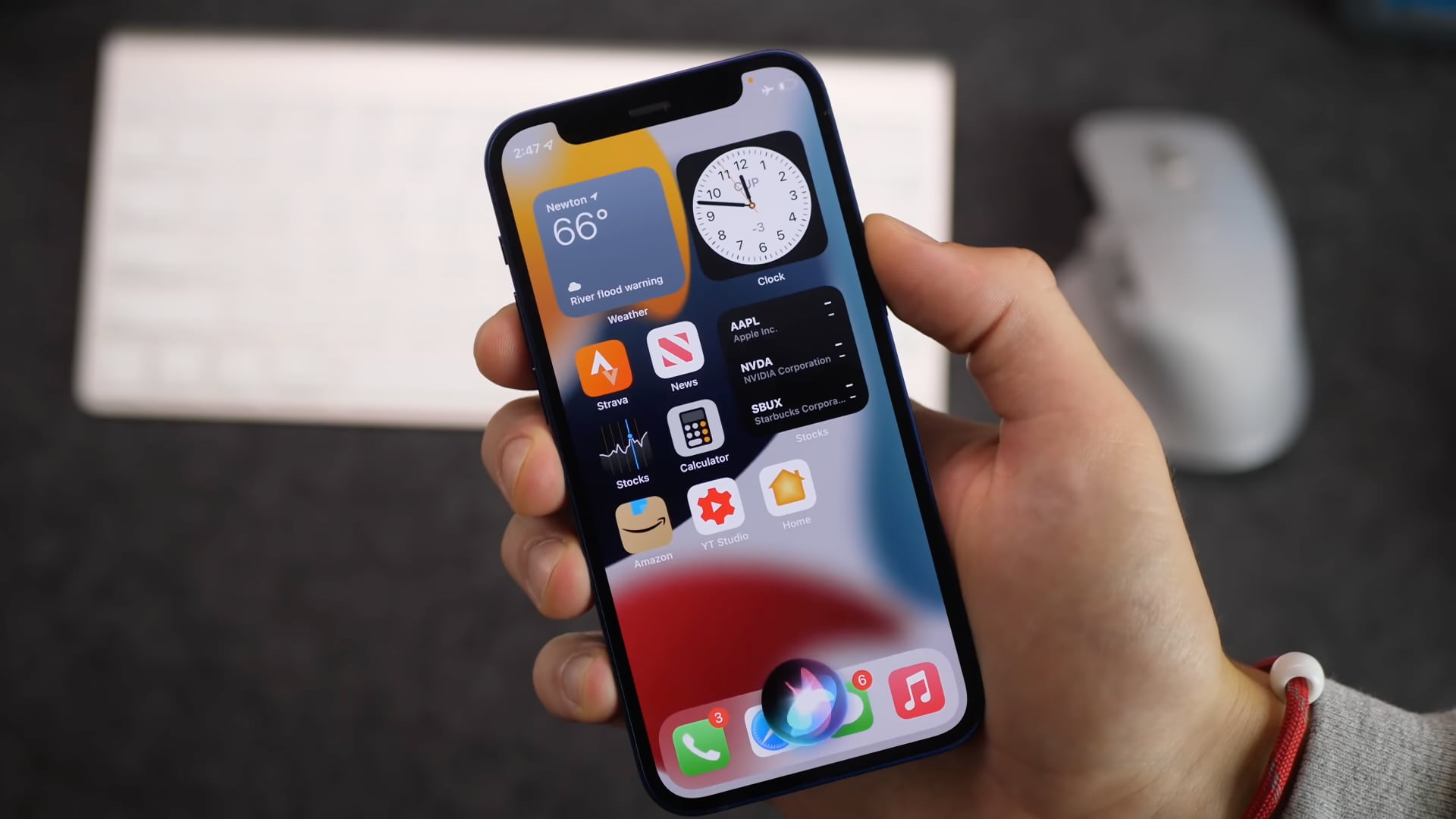The global chip shortage has worsened and not even Apple is immune to this industry-wide supply chain problem. According to a new report, the Cupertino company has sharply cut back on iPad production and redirected certain tablet components to the latest iPhone 13 models in order to boost handset inventory and support holiday sales.

HIGHLIGHTS
- The global chip shortage has forced Apple to slash iPad production
- Apple is seeing scarce parts like modems and power management chips
- Some of those components are now being relocated from iPad to iPhone 13
- iPhone is Apple’s most profitable product that regularly sees strong holiday sales
The global chip shortage worsens, iPad production takes a hit
It is no secret that major device makers like Apple have been scrambling to power through the global chip shortage caused by the current pandemic. Even Samsung, which actually manufactures chips for itself and others, is unable to fulfill the demand for semiconductors that go into its own devices. And now, a new report alleges Apple and its manufacturing partners are prioritizing iPhone output at the expense of other devices.
Nikkei Asia alleges that some of the common parts used across older iPhones and current iPads, such as core and peripheral chips as well as modems and power management silicon, are now being relocated to iPhone 13 in the face of component constraints. This has resulted in a severe iPad production cut in the past two months.
From the report:
Production of the iPad was down 50 percent from Apple’s original plans for the past two months, sources briefed on the matter said, adding that parts intended for older iPhones were also being moved to the iPhone 13.
So how trustworthy is this particular report?
Can Nikkei Asia’s Apple reporting be trusted?
We’ll let you be the judge of that. Just don’t forget that Nikkei Asia is known for annually reporting iPhone production cuts that actually never happened. Because of that, some people believe that Nikkei with stories like this is attempting to manipulate Apple’s stock price. Read: How to show battery percent on the iPhone 13 models
Be that as it may, IDC’s research data suggests iPad demand continues to increase: Apple shipped 40.3 million tablet units in total during the first nine months of 2021, resulting in a 17.83 percent annual increase in iPad shipments.
Internal forecasts apparently suggest that iPhone demand in Western markets like the European Union and the United States will recover as the COVID-19 pandemic subsides.
Key takeaway: With the holiday shopping season approaching fast and the global chip supply crunch tightening, something had to give. As a result of these manufacturing changes, iPads could very well be in short supply this holiday.
Why is Apple prioritizing iPhone 13 production?
Because iPhone is by far Apple’s most profitable product that has always enjoyed much stronger demand than the Apple tablet. Counterpoint Research analyst Brady Wang was quoted by Nikkei Asia as saying the following:
The scale of iPhone shipments of around 200 million units a year is much bigger than that of iPads. Apple’s most important and critical ecosystems are all surrounding iPhones, its iconic product. To add one more point, iPads do not have that strong seasonality like its flagship iPhones, which are always launched in autumn.
Apple is well aware that component shortages are hurting business, causing it to lose billions in potential sales.
Its finance chief Luca Maestri said in a chat with investors that Apple expects to see a temporary decline in iPad revenue for the December quarter due to the chip crunch. Tim Cook warned investors to brace themselves for more lost sales due to the silicon shortages and COVID-related manufacturing disruptions. In the June quarter, for example, these disruptions caused Apple to lose $6 billion of potential revenue.
Small wonder Apple is instructing would-be buyers to “shop early for the best selection of holiday favorites” as it prepares for potential delays going into the holiday season.